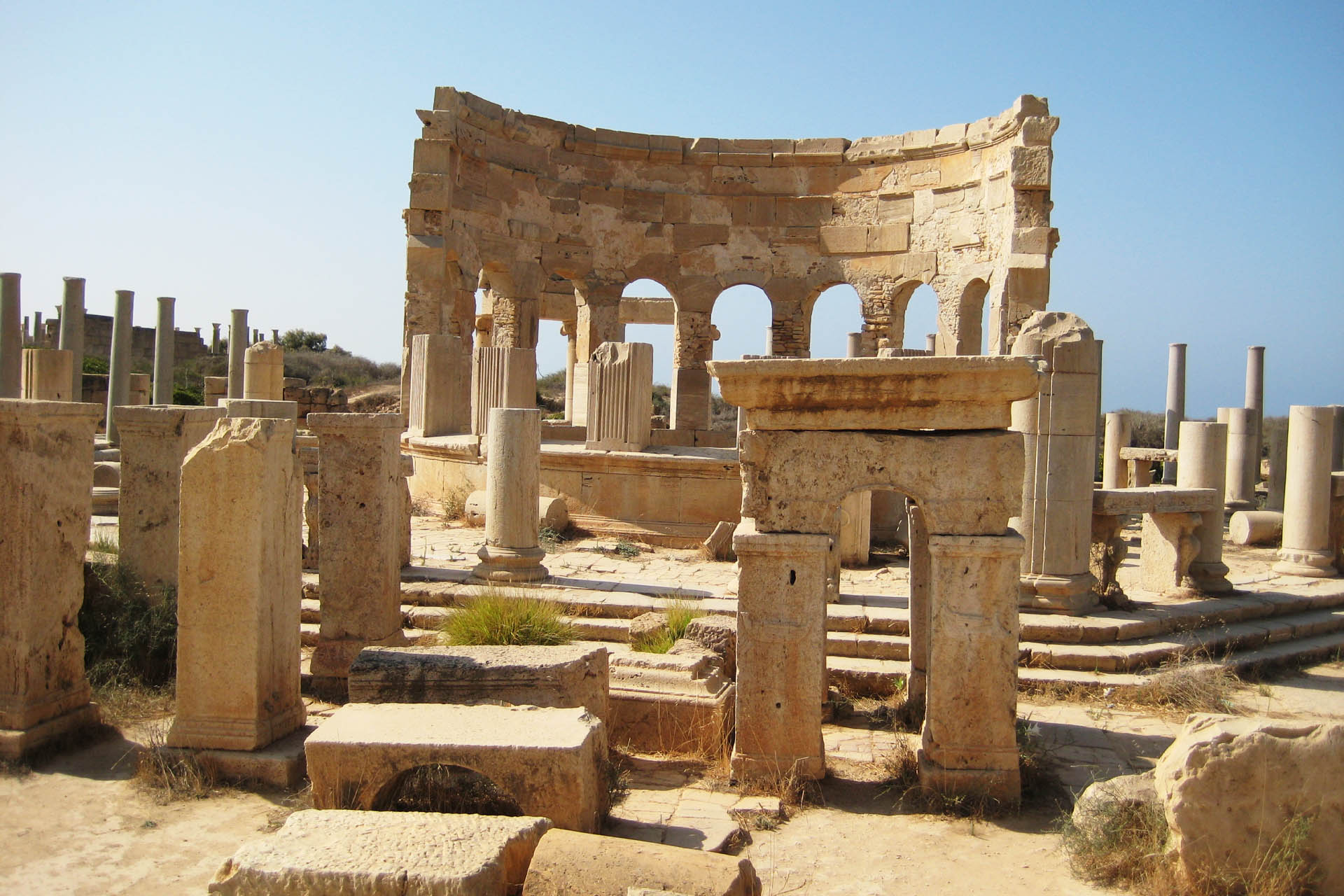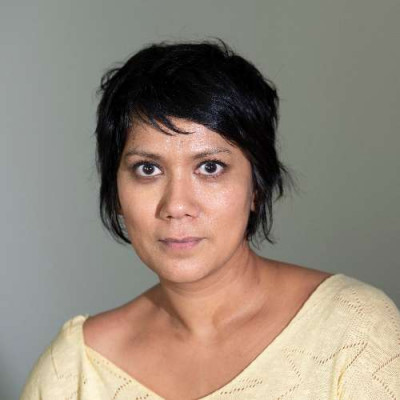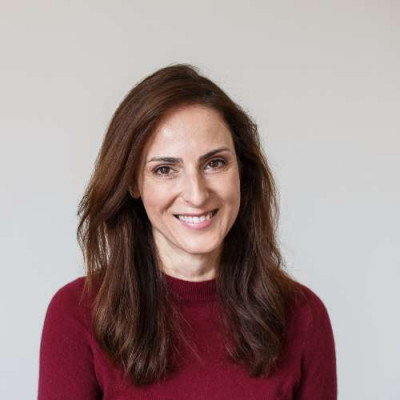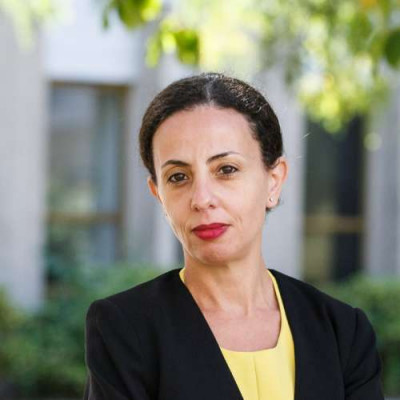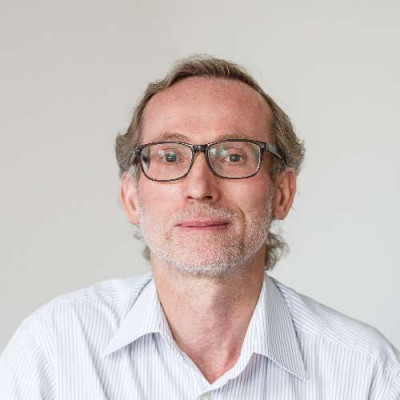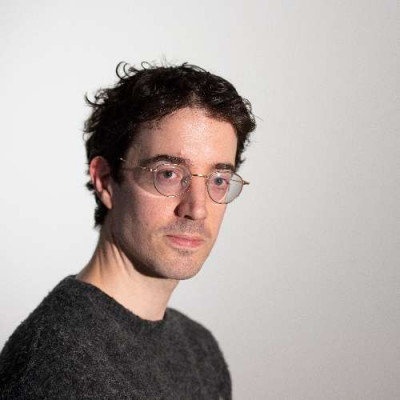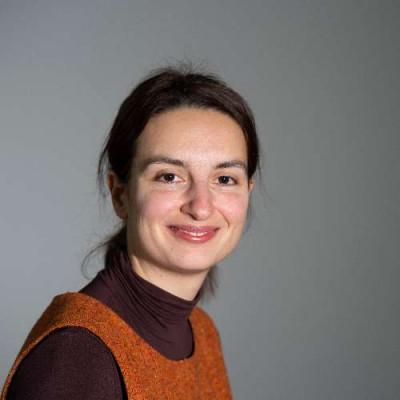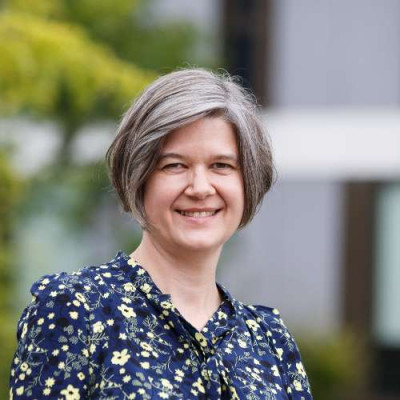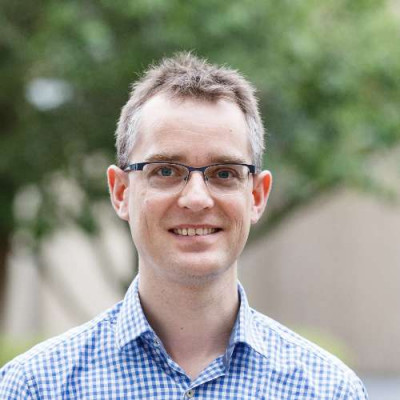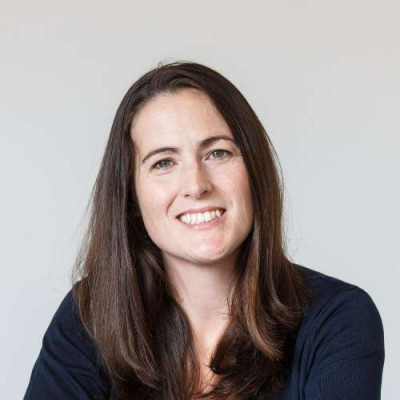Meet our academic staff from the Department of Classical & Archaeological Studies.
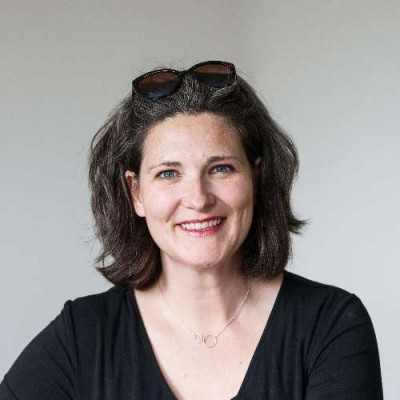 Dr Kelli Rudolph (Head of Department)
Dr Kelli Rudolph (Head of Department)
You’ll meet Kelli in Welcome Week at our introductory Departmental meeting, and may subsequently encounter her in her role as Head of Department. She specialises in the study of ancient philosophy and science. You may be taught by Kelli in second- and third-year modules on ancient philosophy, ancient languages, and Greek and Hellenistic literature and history. She decided to study classics when she read the Presocratics in her third week at Uni, and only then started studying Greek and Latin. She has spoken Latin sub arboribus (under the trees) with Father Foster on Rome’s Janiculum Hill, and loves sleeping under the stars in the Rocky Mountains.
Watch Kelli Rudolph’s 2-minute profile.
This coming year, Anne is teaching on first year module CL359 ‘Beginners’ Greek 1’. Her research focuses on the worlds of Late Antiquity and Byzantium, especially the ‘lives’ (biographies) of saints, as well as gender and narrative. Anne became interested in the Classical world by reading the Greek myths when in primary school. Aged nine, when asked to write an essay on her hero, she chose Odysseus (she’s changed her mind since). She detests the film ‘Troy’, and once camped in the Masai Mara National Reserve in Kenya with Masai tribesmen.
Hear Dr Alwis’ talk about Virgil, or about ancient plagues and St Sebastian.
You may meet Efrosyni through her teaching on first year modules CL366 ‘Classical Mythology’. She is a classical archaeologist with research interests in Greek religion, ritual experience, monumental architecture, mythology and ancient astronomy, some of which she discussed in a recent TV programme for National Geographic. She once spent 3 weeks excavating in the Borneo jungle.
Watch Dr Boutsikas’ introduction to Ancient Greek Religion.
Nicolò is interested in early Greek philosophy and literature, especially in how ideas of struggle (agonism) informed intellectual and cultural debate in early Classical Greece. This year Nicolò will be teaching three first-year modules. He lectures in CL368 ‘Introduction to Greek Civilisation’, in the Autumn term, and will also be teaching Beginners Greek 2 and Classical Literature in the Spring. He also teaches ancient history, Latin and Greek in second- and third-year modules. Nicolò’s love with Classics dates back to his childhood, when he could get enough of children’s adaptions of the Homeric poems and Greek myths (he’s now also a fan of Harry Potter and Philip Pullman’s novels). He enjoys old movies and romantic comedies, TV series, retro games, especially RPG, and Japanese manga. He is passionate about cooking, especially baking – Mary Berry is like Yoda for him (and if you do not know who they are, he will be happy to devote an extra class to them!).
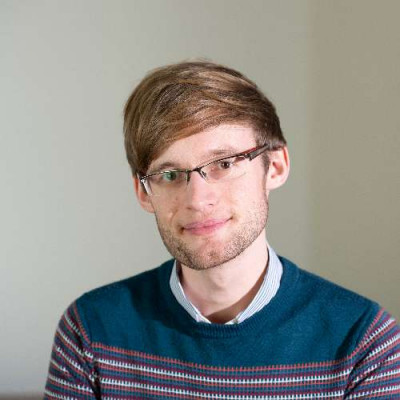 Dr Christopher Burden-Strevens
Dr Christopher Burden-Strevens
Christopher is a specialist in the history and historiography of the Roman Republic, and is especially interested in political history, rhetorical aspects of historiography, and ancient education. Christopher is teaching on first-year module CL369 ‘Introduction to Roman Civilization’ this year. You may be taught by Christopher in second- and third-year modules on Republican and Imperial Roman history, or on ancient language modules. He has a debilitating addiction to hummus and cheese of all kinds, and secretly loves playing geeky turn-based strategy PC games when he has the time. Aged ten, he attended his primary school leavers’ disco in drag with lipstick and brightly-coloured floral wraparound.
Watch Christopher Burden-Strevens’s 2-minute profile.
Matthew Hiscock
After working for a decade as a theatre and opera director, Matthew realised that he didn’t know much about what ancient Greeks thought about suicide and went back to university to find out. He ended up focusing particularly on ancient drama, and then developed further interests in the politics of classical scholarship at the end of the 18th century, Reception Theory, and 20th century Modernist receptions of Greek tragedy. He has a lifelong enthusiasm for camelids (llamas in particular) that is at long last in step with wider popular culture! Matthew is teaching on the first-year module CL369 ‘Introduction to Roman Civilisation’. He also teaches ancient drama, Greek and Latin in second- and third-year modules.
This coming year, Sophia is teaching on first year CL329 ‘Introduction to Archaeology’. Much of Sophia’s research has focused on how heritage sites and museums can address some of the most pressing global challenges, including social justice, gender equality, and sustainable development. A jazz fanatic and slide trombone player, she became interested in the heritage field after she worked on the 1995 exhibition ‘Jazz’, of collages by Matisse. This was part of voluntary work at the Grenoble Jazz Festival.
This year, Csaba is on research leave in Vienna. He teaches courses on ancient Egypt and the Greek language. Csaba’s research is wide-ranging but mainly concentrates on the Hellenistic and early Roman world. His particular interests are in Papyrology and Hellenistic and Roman Egypt.
Hear Csaba La’da talk about his recent research following a new analysis of an important fragment of papyrus with a unique history.
This academic year, Luke is teaching on first year modules CL329 ‘Introduction to Archaeology’ and he runs our Archaeological Field School. Research-wise, he is particularly interested in the everyday use of space in the Late Antique and Early Medieval city (AD 300-700), drawing on archaeological, textual, and inscription evidence from across the Roman Empire. Aged 11, he became interested in archaeology as a way to escape from Middle Earth, somewhat unsuccessfully. He read Gibbon’s seminal work ‘The Decline and Fall of the Roman Empire’, first published in the 18th century, when he was twelve, resulting in a lifelong passion for Late Antiquity.
Watch Luke Levan’s 2-minute profile.
This coming year, Dunstan is teaching CL365 ‘Latin for Beginners 2’ in the Spring. He got seriously interested in Latin when he realised all the puzzle-solving eventually lets you enjoy ancient works of genius. Most of Dunstan’s research is on Roman literature, especially the poets Virgil and Ovid. His other specialism is the role of classical antiquity in modern culture, especially in video games and other entertainment media. He once played ‘Titan Quest’ as part of a research talk (he was ambushed by a wild boar).
Watch Dunstan Lowe’s 2-minute profile.
Ada’s research focuses on the everyday life, the material culture and the social status of women and children in the Graeco-Roman world. She will be teaching first years in seminars for CL368 ‘Introduction to Greek Civilisation’ and a specialist module on Ancient Egypt. You may be taught by Ada in first-, second- and third- year modules on Greek and Roman History, and the archaeology of Ancient Egypt. When she was a child, Ada loved Cleopatra, but soon wanted to move beyond imitating Cleopatra’s bob haircut, and began to study ancient Egypt instead. She also enjoys baking bread and growing her own vegetables.
Watch Ada Nifosi’s 2-minute profile.
Ellen will be teaching first-year module CL367 ‘Classical Archaeology: Great Sites, Key Issues’. She has wide research interests in artefact studies, the late to post-Roman transition in the West, and Roman and late antique art. She has worked on artefacts from both the north-western provinces of the Roman empire, and from Roman and Late-Antique Egypt. You may be taught by Ellen in second- and third-year modules on Roman archaeology, Roman art, and Late Antiquity. Aged five, Ellen attended a street party dressed as Britannia, and she developed an interest in the Roman period by reading children’s fiction about the Romans. She once flew over Vilnius in a hot-air balloon.
Watch Ellen Swift’s 2-minute profile.
This coming year, Matthijs is teaching on first year modules CL364 ‘Latin for Beginners 1 and CL370 ‘Mediterranean Empires from Carthage and Rome to the Indus’. Matthijs’ research interests lie in the intellectual culture and literature of the Roman Empire, including Late Antiquity. He is fascinated by how texts and information circulated. Reading a lot of Asterix books in his childhood made him identify with Rome’s opponents at first. But unlike Asterix and the other indomitable Gauls, he immediately surrendered to the Romans at age twelve, when he participated in a Roman excavation for children. As a postgraduate student, he used to be woken up on Sunday mornings by a cohort of Roman soldiers (in kilts!) engaged in a role-playing game just outside his window.
Listen to a podcast episode about Matthijs Wibier’s teaching and research.
This coming year Steve will be teaching on the stage one module CL367 ‘Classical Archaeology: Great Sites, Key Issues’. He runs fieldwork skills training and instruction courses as part of his research programmes which many students get involved with. Steve learned something of archaeology in classes at his school, but loved discovering that ancient authors had written down not only ‘the facts’ about their times but all the vivid war and gore, the politics and intrigue, tales awash with salacious gossip and outrageous acts and claims (most of it probably true). His first dig was at. Roman theatre where he found imported marble, which is still on public display. On his second dig, as legend has it, he was himself in danger of being literally petrified, as he unearthed and turned over a Roman roof tile, only to find himself starring at the Gorgon’s Head: a rare 3D image of Medusa fashioned by the Romans (following the footsteps of Perseus) to ward off evil. From that point on he was hooked on archaeology because he realized then that you can literally pick up the past and begin to understand its many narratives.
Watch Steve Willis’ 2-minute profile.
Rosie will be on leave this academic year. In second- and third year, you may be taught by her for Greek drama and ancient Greek modules. Rosie’s research interests include Greek and Roman theatre, costume, reception within antiquity and beyond it, and gender. Here’s a fun fact – Rosie once enjoyed seeing Palmyra from on top of a camel.
Watch Rosie Wyles’ Think Kent talk on theatre in Ancient Greek society.
Header image credit: Magna Leptis by Sasha Coachman via Wikicommons.

